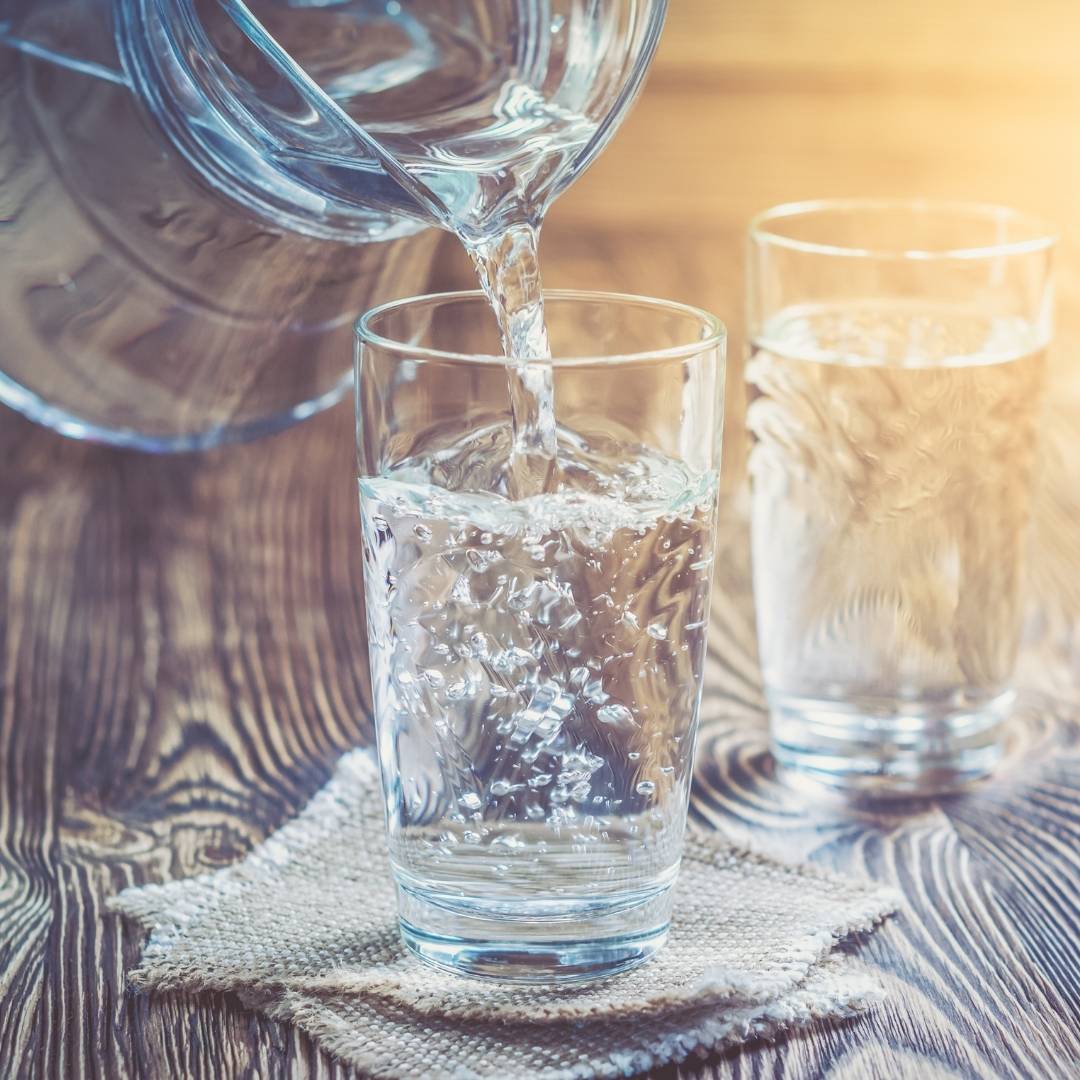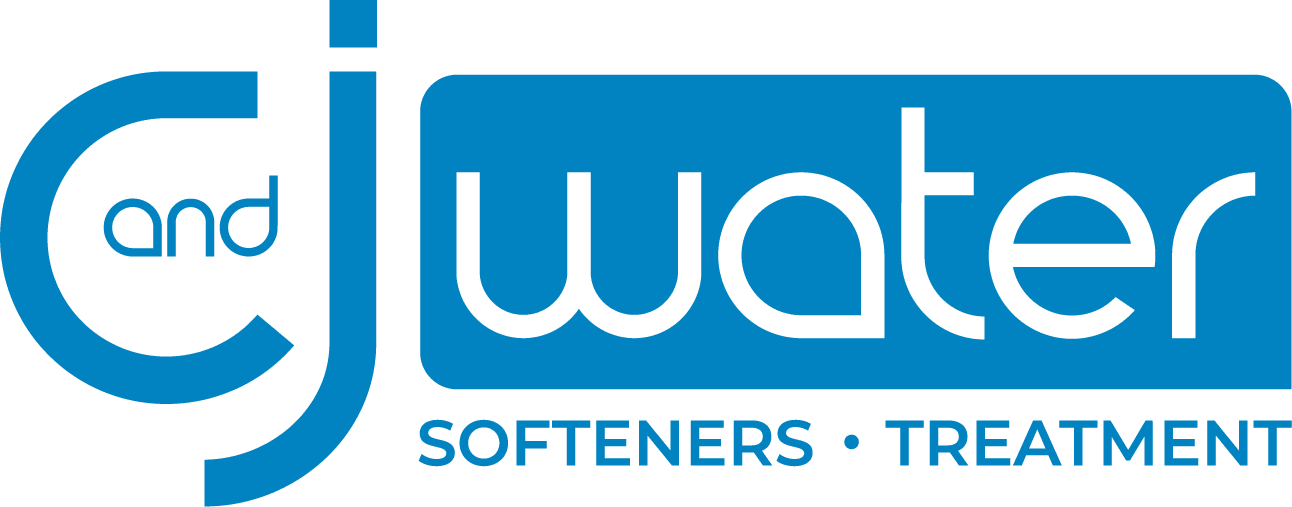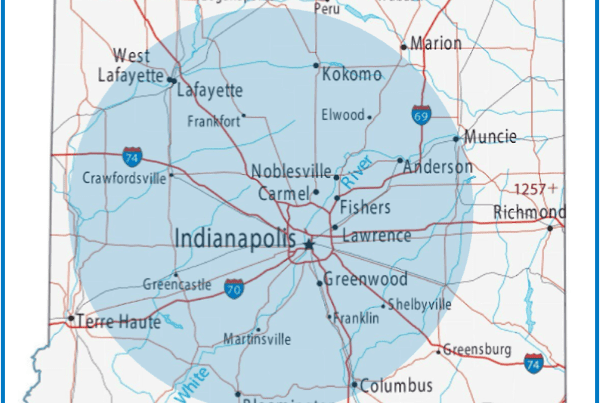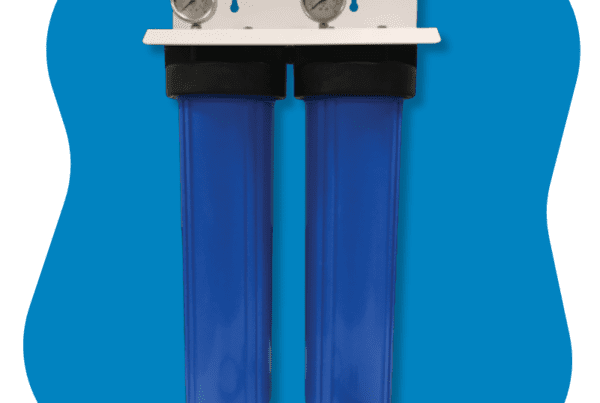Do You Need a Custom Hard Water Analysis?
A good source of drinking water is one of the most basic and essential human needs. If you have a well, you need to ensure the water is free of contaminants and the system is working correctly, whether used for livestock, crops, or your own family. Well water testing regularly is vital to ensure a safe and reliable source of clean water. Most people know to test their well water, but you might be surprised to learn that city water needs to be tested as well. Municipal water sources treat their water with chlorine and chloramines to mitigate bacteria but don’t usually do anything about hardness minerals, tannins, iron, or other secondary contaminants. EPA believes that if these contaminants are present in your water at levels above these standards, the impurities may cause the water to appear cloudy or colored or to taste or smell bad. These contaminants may cause many people to stop using water from their public water system even though it is safe to drink.
Secondary standards are set to give public water systems some guidance on removing these chemicals to levels below what most people will find to be noticeable.
One of the more common secondary contaminants in Central Indiana is hard water. Water hardness can vary throughout Central Indiana, so an analysis based on your location is essential. There is no “one size fits all” solution. Let’s look at what sets the C and J Water analysis apart from the rest of the industry.
Convenient Schedule
Did you know three out of four American households experience hard water? We will come to your home and provide an analysis of your city or rural water and answer any questions you may have. Your visit will take 30-45 minutes and will be scheduled at a time that’s right for you. This is free—no sales pitch or pressure tactics. Our water professionals can explain the test results, show how water systems work, and advise you on selecting the best water filtration system for your needs.
Competent Staff
It’s crucial to understand the quality of your water. Your test results will help guide you to decide whether or not you need a water treatment system. Our technicians are certified by the Water Quality Association (WQA) and have decades of experience dealing with problem water. WQA certification—a voluntary credentialing process—demonstrates our commitment to high professional standards, growing our expertise, and improving our customer service. To achieve any WQA-certified designation, a candidate must complete the appropriate course work, pass a comprehensive exam, and agree to abide by the WQA Code of Ethics for the Water Quality Improvement Industry. We are committed to maintaining the highest standards for our staff. From the first phone call to C and J Water, you will receive top-notch service.
 Complete Screening
Complete Screening
Water Hardness—Hardness is commonly considered to be a mixture of calcium and magnesium in the water. Water hardness causes white spotting around the home. In higher amounts, it can cause clogging in pipes. Hardness is hard on ice makers and things like tern that you iron your clothes with. Hard water can make skin dry and trap detergents in your clothing and laundry. These detergents often irritate people’s skin, and they are often not aware of why their skin is irritated.
The only way to treat really hard water is with a conventional type water softener that uses either salt or a water softener salt substitute called potassium chloride. Be very wary of companies claiming they have “Salt-Free” water softeners. None of these devices are effective, including magnets, alloys, electric coils that wrap around the pipes, tanks with various “Magical” minerals inside. They simply do not remove the hardness from the water regardless of the sales pitch.
pH—There is a very common test to determine if the water is acidic (Acid water). So if the water is 6.9 or lower, the water is considered acidic. And if the pH is 7.1 or higher, the water is considered “alkaline” or “base.” A very high alkaline pH is corrosive. Also, pH helps determine if certain filters, such as iron, sulfur, manganese, etc., will work properly. Indeed, if you have a private well it is essential to know your pH. Also, some city water municipal water supplies have acidic water, which is bad for copper pipes, sinks, fixtures, etc.
Iron—The iron test tells us how much iron is in the water. Once we know that, we will know what size filter we need to remove that much iron. Iron testing is mainly done to see how much iron is in well water. Because on city water (municipal) water supplies, the chlorine in the water turns the iron into sediment, so there are other ways to remove it. And iron in city water is also less likely to show accurately because the chlorine has turned it into sediment.
Additionally, if you live near a farming area, you may want to consider adding pesticide testing too. Almost everyone who has a well needs to have an e. coli and coliform water test before using their water. If you need to test your water for things like e. coli, coliform, arsenic, pesticides, heavy metals, bacteria, harmful organics, etc. In that case, we can test for all of these things and much more at a very reasonable cost.
Total Dissolved Solids (TDS) — What is TDS in water? TDS most commonly refers to the levels of dissolved ions in your water, like calcium, magnesium, potassium, sodium, and nitrates. They naturally occur in water after it filters through bedrock and soil. A certain amount of dissolved solids in water is customary and even beneficial, but problems start when TDS levels increase beyond what would accumulate naturally. The maximum amount of TDS water as set forth by the EPA is 500 MG/L. Fortunately, tests can reveal the amount and composition of TDS, and water treatment solutions can provide safer, better-tasting water straight from the tap.
Chlorine (city water) — Water is easily contaminated, and chlorine has excellent disinfectant properties. It binds to and destroys bacteria and other germs better than most other agents do. Chlorine is a chemical element—17 on the periodic table—that naturally occurs as green gas. Through the marvels of science, its form and appearance have been changed to more effectively harness its power. Even so, chlorine is a highly toxic chemical that can have hazardous effects if not handled correctly. Since 86% of U.S. households receive water from a public water supplier—chances are, you have chlorine and chloramines in your tap water. Chlorine and chloramine are disinfectants used to treat water-borne microorganisms like bacteria and viruses. Because most municipalities treat their raw water with chlorine and chloramines before sending it to their customers, almost everyone on city water needs equipment to remove them. Our Free Water Analysis will determine the chlorine levels in your water.
Tannins — Tannins are a natural organic material that can be the byproducts of nature’s fermentation process, be created as water passes through peaty soil and decaying vegetation. This can cause water to have a faint yellow to tea-like color and can cause yellow staining on fabrics, fixtures, dishes, and laundry. Tannins may give a tangy or tart aftertaste to water. They may also cause water to have a musty or earthy odor. Tannins are considered an aesthetic problem. While they may make water unappealing to drink and stain laundry, they present no health hazard.
 Concrete Solutions
Concrete Solutions
Once your water has been tested and analyzed and you’ve been presented with equipment options, it’s time to decide whether or not you will move forward with taking responsibility for the water quality in your home. Certified Water Specialists work to solve water issues with the best treatment solutions for your home. In most cases, a correctly sized and programmed water softener is all you need. Water softeners soften water by removing certain minerals. In most cases, this means excess calcium and other minerals, which are naturally occurring elements often found in well water but also present in many municipal water supplies. We also can provide reverse osmosis for consumption, chlorine removal, and bacteria mitigation. At C and J Water, we can solve your water problems—large or small.
No doubt, water equipment can come with initial costs that aren’t in the budget of many homeowners. In an effort to provide quality water for families in Central Indiana, C and J Water has teamed up with Wisetack to offer flexible financing options. It’s a short application—it takes just a minute to see your choices and does not affect your credit score. They offer reasonable terms from 3 to 60 months with an APR from 0% to 29.9%. There are no prepayment penalties, origination fees, or compounding interest. This is a great option to spread out the initial cost while still controlling your family’s water for bathing, cooking, and drinking.
The water treatment equipment you will need is based on hardness in your area, water usage, water source, water problems—like odor or bad taste. Also, additional equipment may be needed if you have any particular health considerations—like immunocompromised people undergoing chemotherapy, people who have undergone organ transplants, people with HIV/AIDS or other immune system disorders, and some elderly and infants can be particularly at risk from infections. No matter your needs, C and J Water has the treatment equipment solutions for all water problems around Central Indiana—contact us today!




